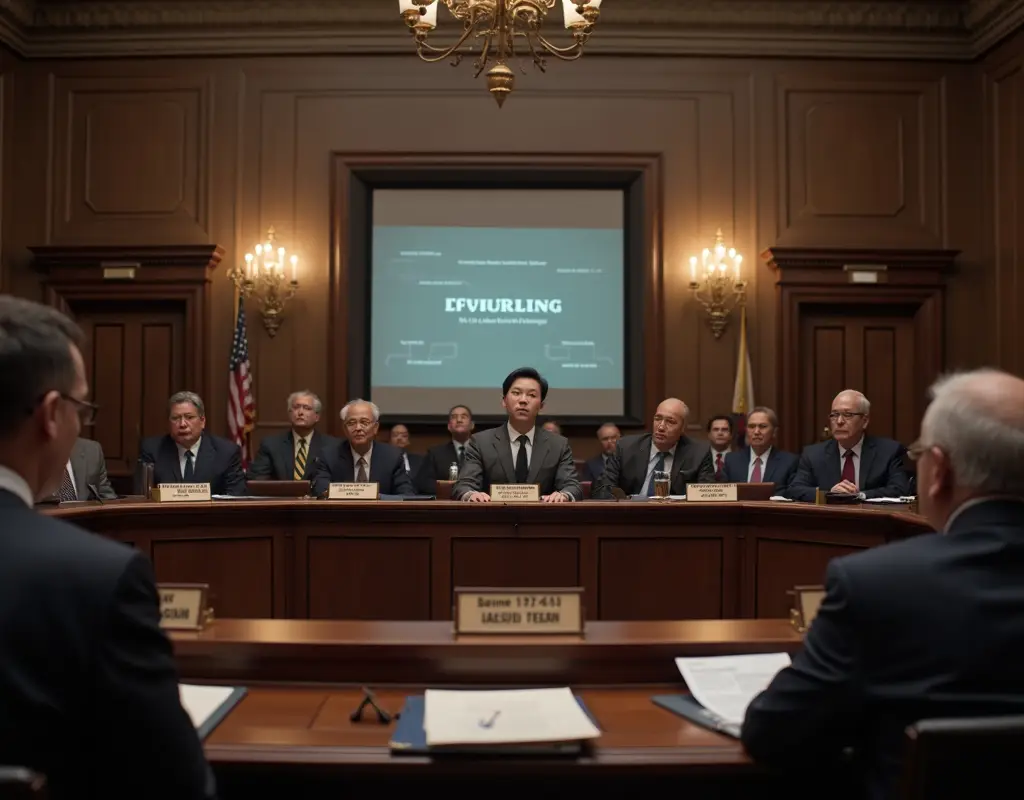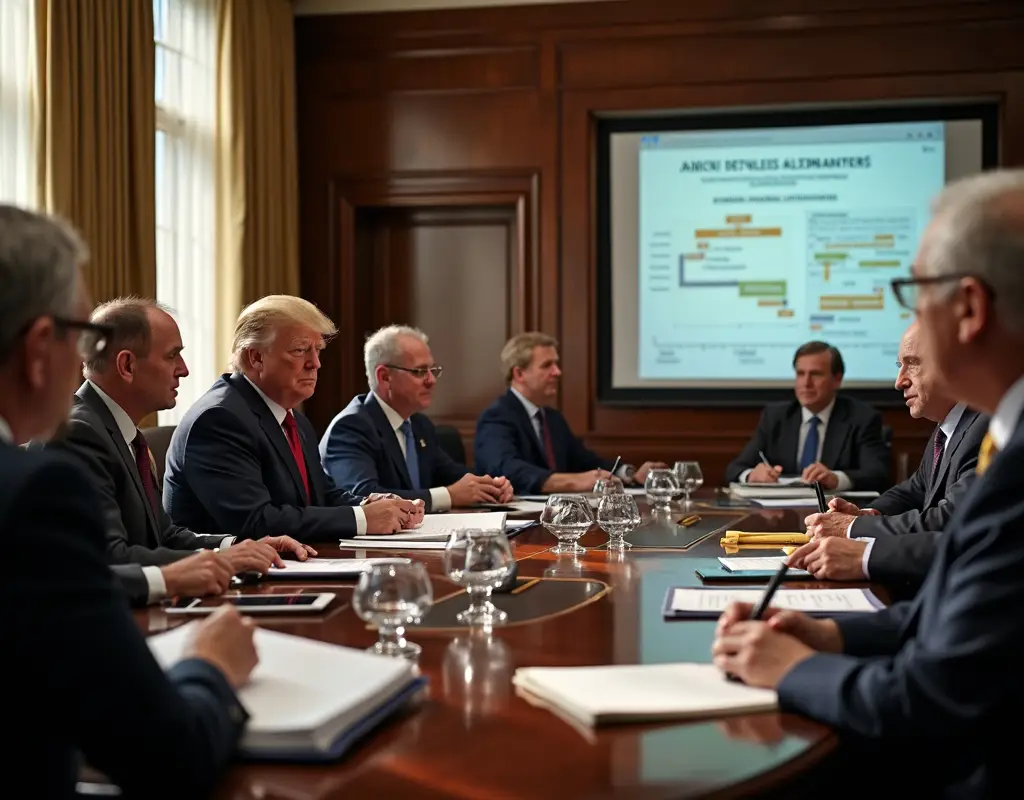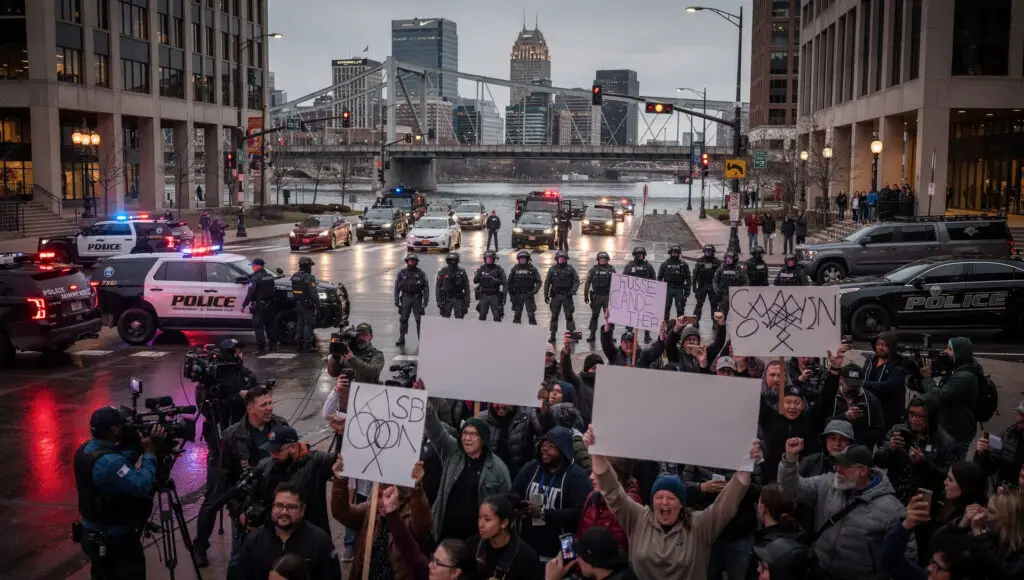WASHINGTON – President Donald Trump’s recent nomination of corporate lawyer Eric Tung to the U.S. Circuit Court of Appeals for the Ninth Circuit has ignited debate due to Tung’s extensive track record of representing cryptocurrency entities. Tung’s potential appointment to one of the most influential federal courts, covering Silicon Valley and many crypto companies, raises questions about his potential influence on digital asset regulation, aligning with President Trump’s broader crypto agenda.
Eric Tung’s Crypto Legal Background
Eric Tung, a partner at Jones Day since 2019, has a notable history of representing clients within the digital currency sector. Court records indicate his involvement in several high-profile cases. He represented the Blockchain Association, a prominent advocacy group, in a case against the U.S. Treasury Department filed by six Tornado Cash users. Additionally, Tung represented an investor in a lawsuit against HDR Global Trading Limited, the parent company of the BitMEX exchange.
Should he be confirmed, Tung would likely preside over appeals involving Silicon Valley-based businesses that fall under the Ninth Circuit’s jurisdiction. Given the concentration of cryptocurrency companies in this region, his past experience and legal perspectives on digital assets could significantly impact future crypto-related legal battles.
Watchdog Concerns Over Deregulation
Tung’s nomination has drawn sharp criticism from watchdog organisations like Accountable.US. The group alleges that Tung’s appointment could further President Trump’s push to deregulate digital assets. Accountable.US points to Tung’s career built on representing crypto firms seeking to avoid government oversight.
Specifically, the watchdog highlighted instances where Tung served as counsel for a stablecoin provider, arguing that standalone sales of stablecoins should not be classified as securities. He also represented the Blockchain Association in a brief that opposed the regulation of immutable smart contracts and advocated for looser liability on a crypto tool while representing an investment firm backing crypto companies. These examples suggest a consistent pattern of legal arguments favouring less regulatory intervention in the crypto space.
The Ninth Circuit’s Crypto Connection
The Ninth Circuit Court of Appeals holds significant sway over how civil and criminal cases are handled, particularly for technology companies, including those involved with crypto and blockchain, that operate within its broad jurisdiction (encompassing states like California, Washington, and Nevada). The circuit has previously handled major crypto-related cases, such as a 2024 panel partially reversing a class-action lawsuit alleging Binance. The US manipulated the price of Hex (HEX) and a 2018 case involving Nvidia and its shareholders over undisclosed sales to crypto miners.
As of Tuesday, Tung’s nomination has been received by the Senate and referred to the Committee on the Judiciary. The timing of a Senate vote remains uncertain, as both chambers of Congress have been preoccupied with passing three bills related to digital assets, further highlighting the ongoing political and legal complexities surrounding the burgeoning cryptocurrency industry.























